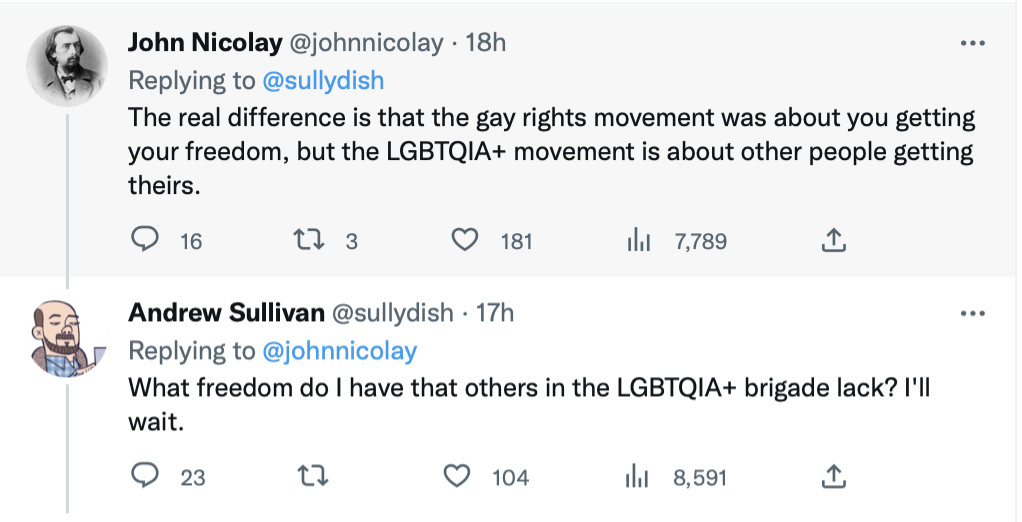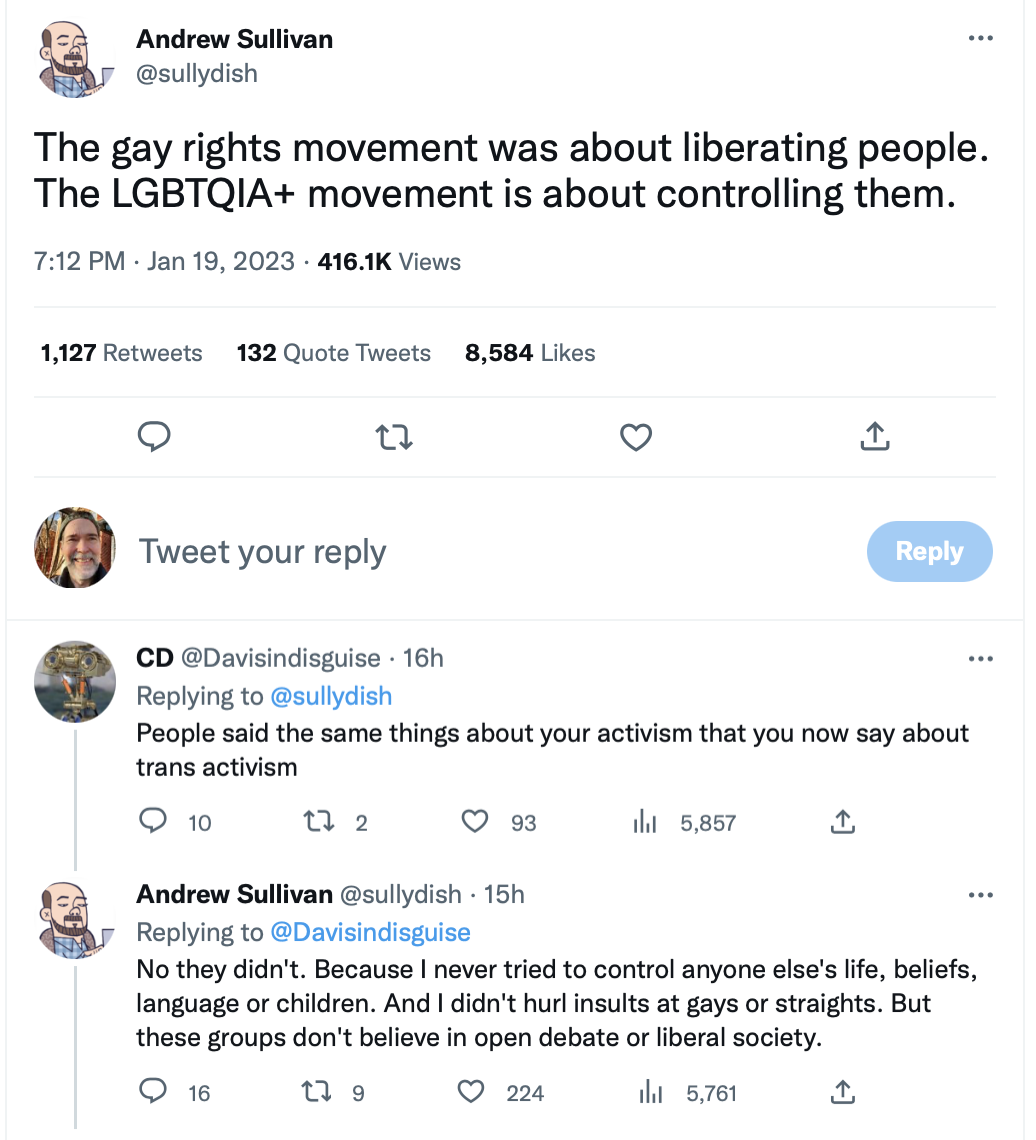Coleman Hughes warns that the claims of many activists that those of us who seek color-blindness are claiming that we don't see different shades of skin color. This argument is disingenuous. Given that I'm a photographer, I need to set my camera and lights to capture flattering portraits of all kinds of people and skin color can be a factor in how I set my equipment. Further, beautiful people come in all colors. Here are a few excerpts from Coleman's article, "Actually, Color-Blindness Isn't Racist."
"“Color-blind” is an expression like “warm-hearted”: it uses a physical metaphor to encapsulate an abstract idea. To describe a person as warm-hearted is not to say something about the temperature of that person’s heart, but about the kindness of his or her spirit. Similarly, to advocate for color-blindness is not to pretend you don’t notice color. It is to endorse a principle: we should strive to treat people without regard to race, in our public policy and our private lives.
. . .
In the early 1960s, there was an elite consensus that color-blindness was the goal of race politics. Then the race riots of the late 1960s led politicians and corporations to perform an about-face. They began implementing race-based policies as a hasty and pragmatic response to the riots—much like governments and corporations did in response to the riots of 2020. Today, you can scarcely find a professor in an elite institution who would defend color-blindness.
This is a grave mistake. Color-blindness is the best principle with which to govern a multiracial democracy. It is the best way to lower the temperature of racial conflict in the long run. It is the best way to fight the kind of racism that really matters. And it is the best way to orient your own attitude toward this nefarious concept we call race. We abandon color-blindness at our own peril."


